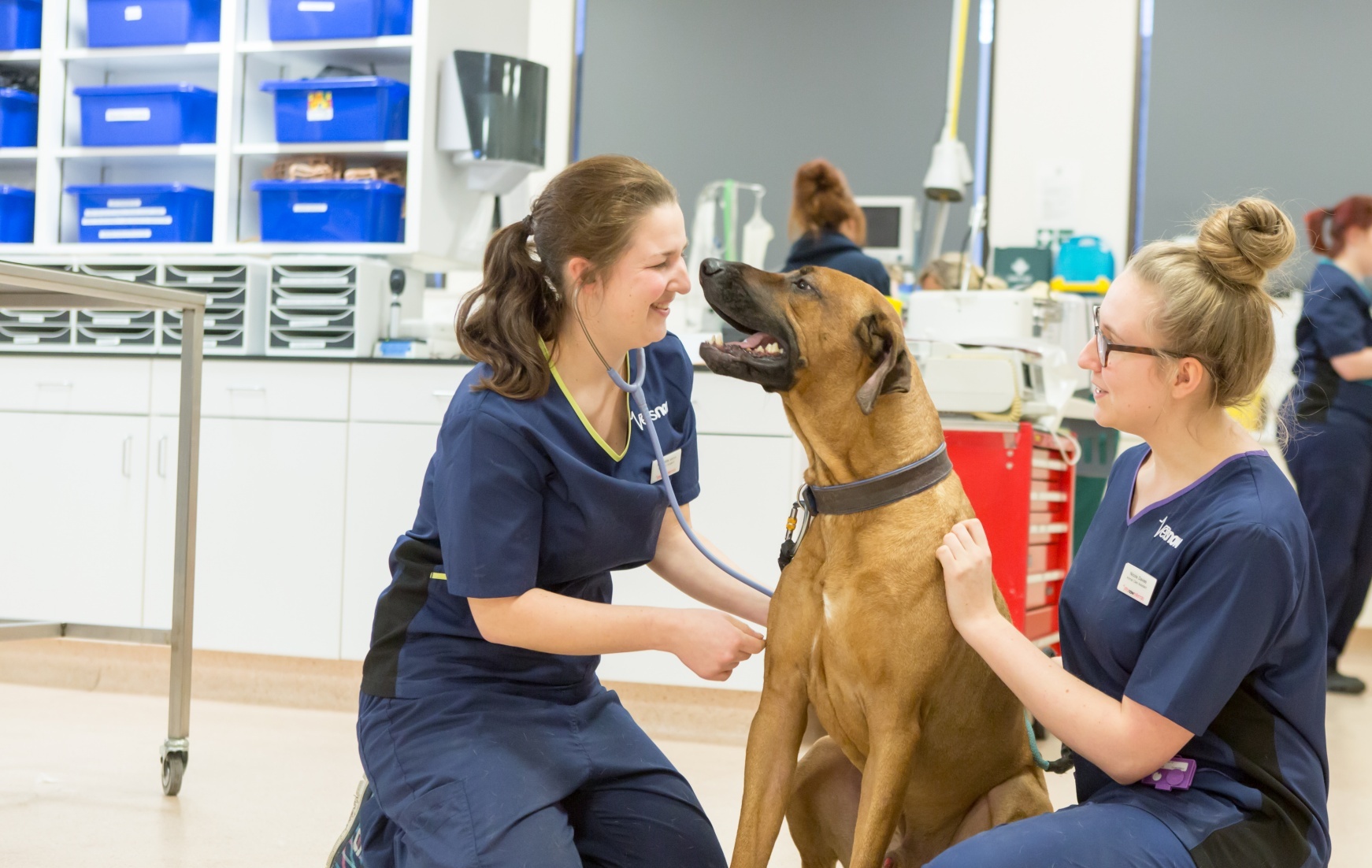Melanoma is more common in dogs than in cats.
Prognosis depends on location, size, histological features (e.g. mitotic index and ki67) and stage.
Haired-skin melanoma are generally benign, although histological assessment of margins and an elevated mitotix index may indicate amalignant behavior and need of adjuvant systemic therapy.
Distant metastasis has also been reported in patients with melanomas defined as benign based on histopathology, so long term monitoring is warranted in these patients.
Digit/footpad melanomas or oral melanomas are generally malignant. Less than 35% of patients are alive at one year after diagnosis due to occurrence of visceral metastasis if surgery only is performed, therefore adjuvant systemic treatment is indicated.
Unfortunately melanoma is relatively resistant to conventional chemotherapy.
A DNA Canine Melanoma Vaccine is now available for the treatment of patients with oral melanoma after local control has been achieved by surgery or radiotherapy; reported median survival with this treatment is 569 days.
If surgery and/or systemic treatment are not possible or considered worthwhile by owners, radiotherapy has been successful in palliating clinical signs in 83-100% of treated dogs.


